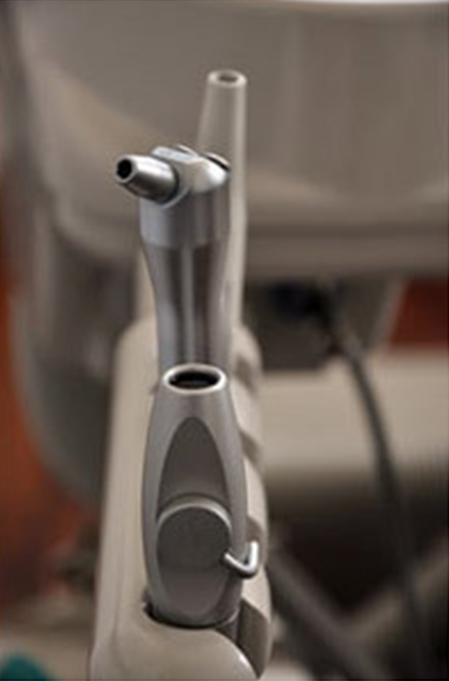
Bleeding
Following the extraction of teeth, a gauze pad should be placed over the tooth socket. You are instructed to keep your jaws firmly closed for 30 to 45 minutes. Carefully remove and place new gauze pads every 30 to 45 minutes as bleeding continues. Two gauze changes should be sufficient. If bleeding persists, moisten a tea bag and close firmly in a similar fashion. Some slight seepage of blood over a number of hours following extraction is normal and gauze is not needed for this. DO NOT SPIT - you must swallow your saliva.
Swelling
Swelling is normal following more difficult extractions. Ice may be applied over the jaw for 10 minutes on and 30 minutes off for 24 hours. This will help to reduce some of the swelling that may occur. Swelling usually does not occur until the day following surgery. A hard, tender swelling accompanied with an elevated temperature may indicate the onset of an infection and should be evaluated in the office.
Pain
To minimize post-operative pain, take pain medication if prescribed or over the counter medication if recommended at the first sign of pain. Unless otherwise directed, take the medication on a full stomach. Some tenderness is anticipated but moderate to severe pain persisting on the days following the extraction may indicate poor healing and you are encouraged to return to the office for treatment and observation. Early treatment will provide relief and promote healing. All pain medication can cause drowsiness and caution should be exercised when operating a motor vehicle or machinery while taking the medication.
Mouthwash
DO NOT use a straw for the first 24 hours following surgery. Do not brush the teeth around the extraction or rinse your mouth for 24 hours. Starting on the following day, the mouth should be gently rinsed with a solution of 1/2 teaspoon of salt in warm water 3 or 4 times a day for the first few days. Clean your teeth with a toothbrush being gentle at the surgery site. A clean mouth will promote uncomplicated healing.
Smoking
We strongly urge our patients to refrain for a full 48 hours following surgery. Smoking can delay healing and be a possible cause of infection and discomfort.
Feel free to call the office at 570-622-3437 if you have any questions or if a problem arises.






